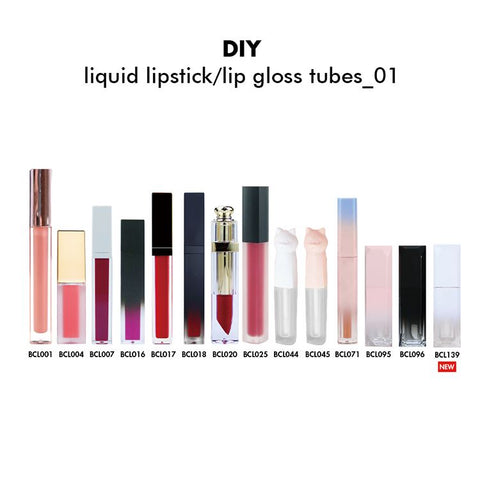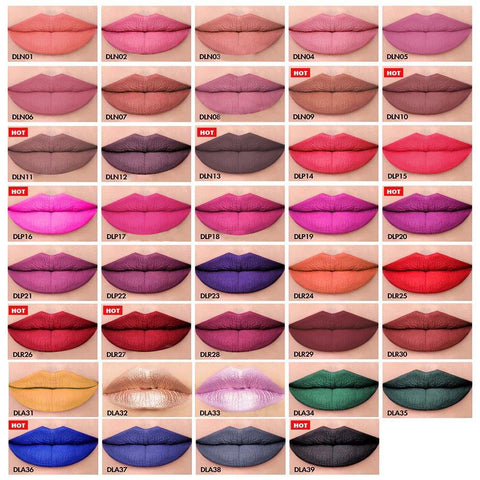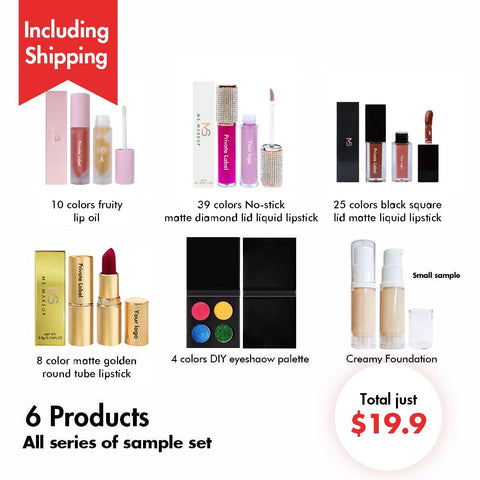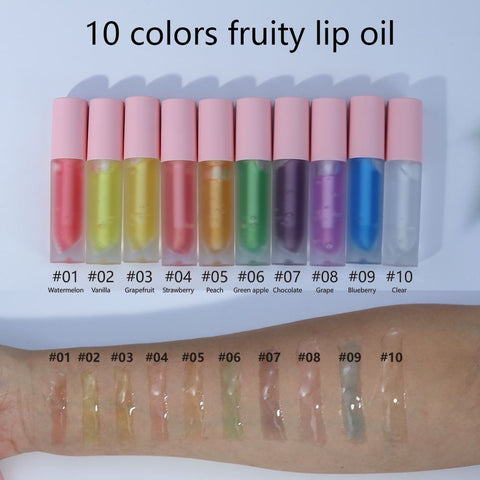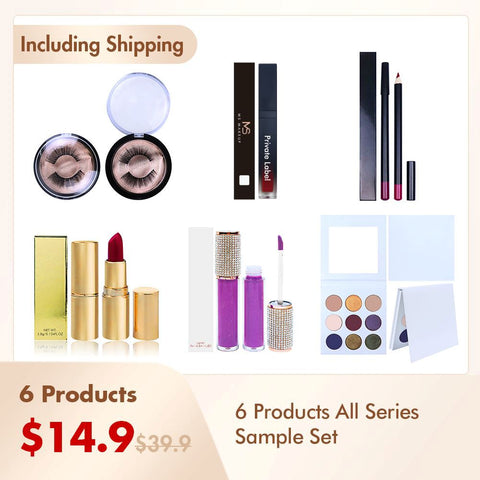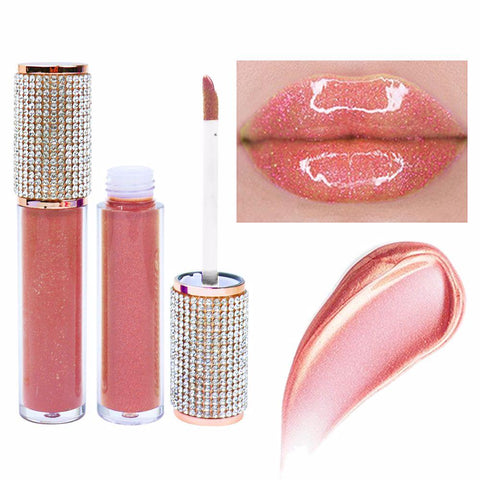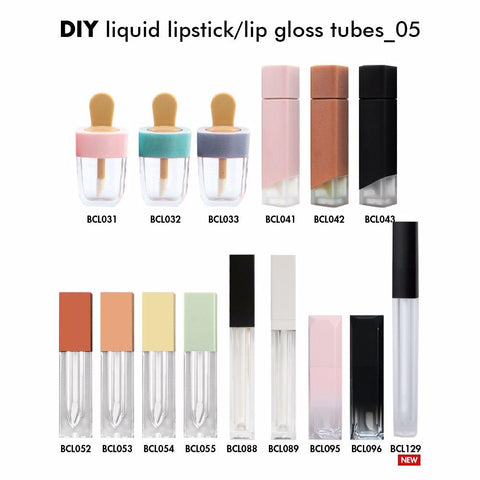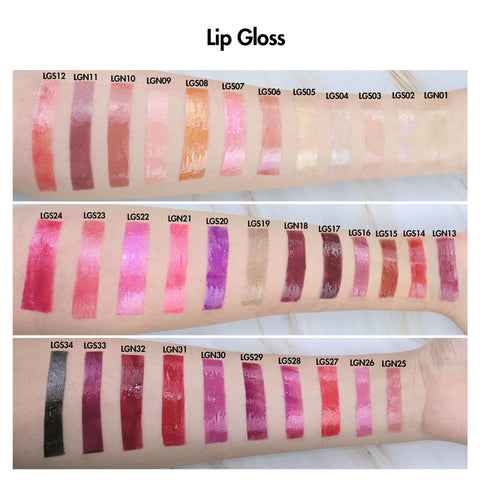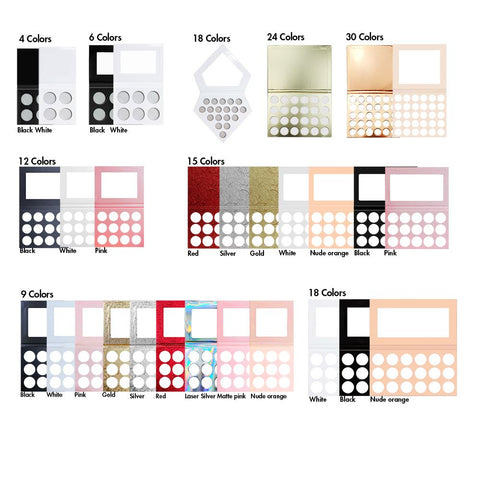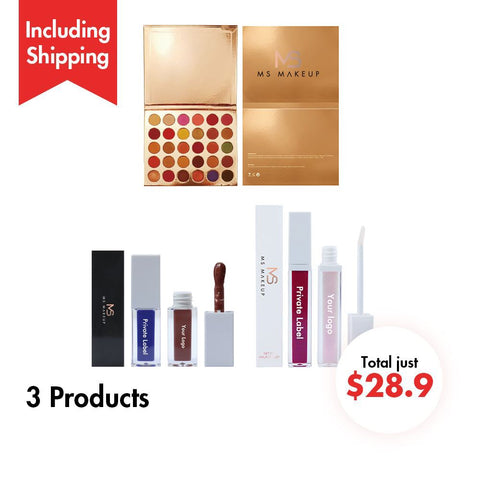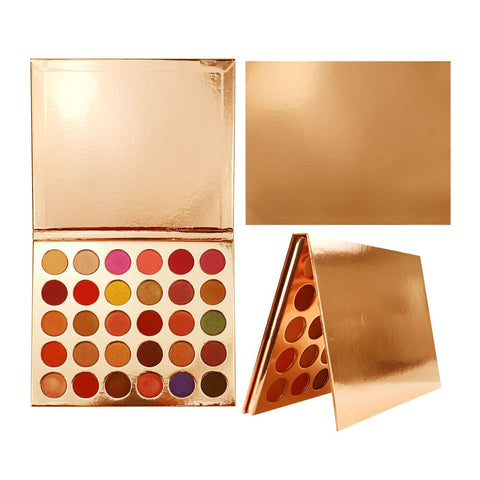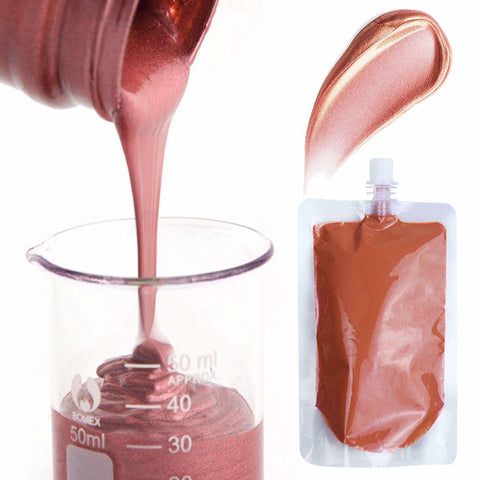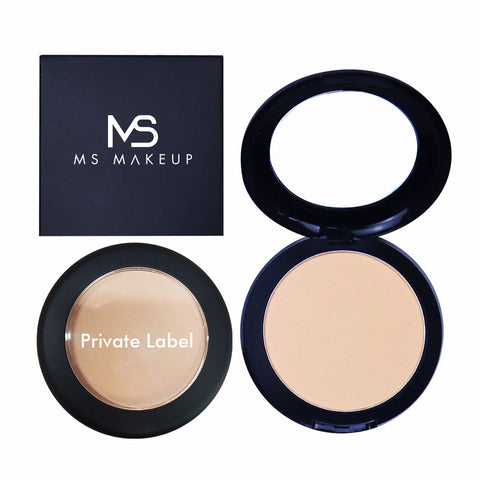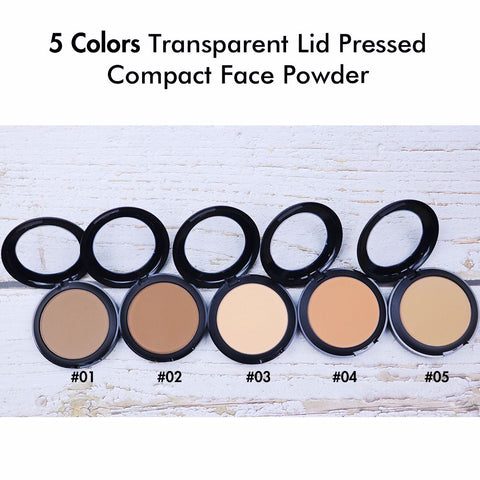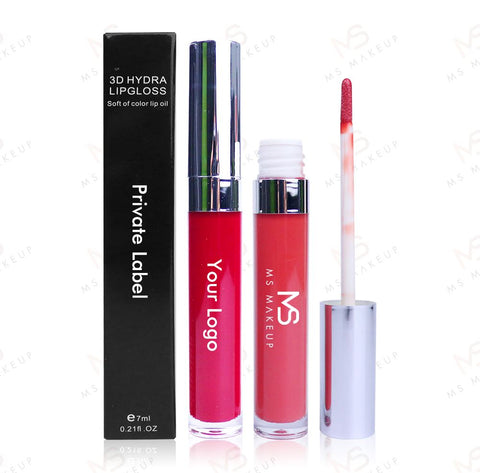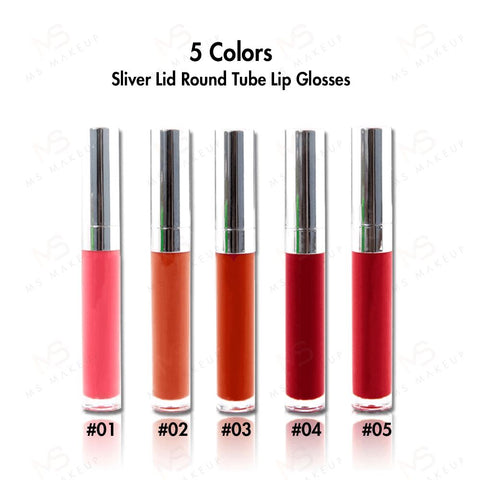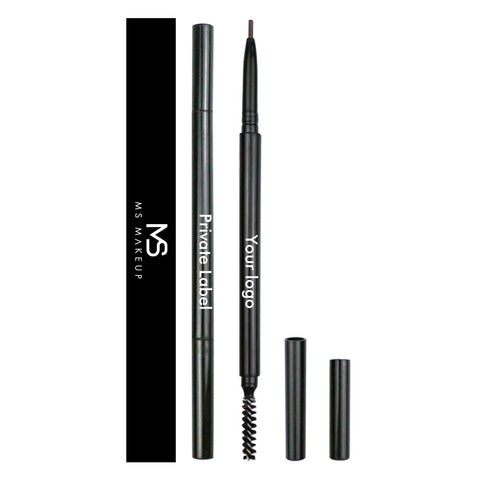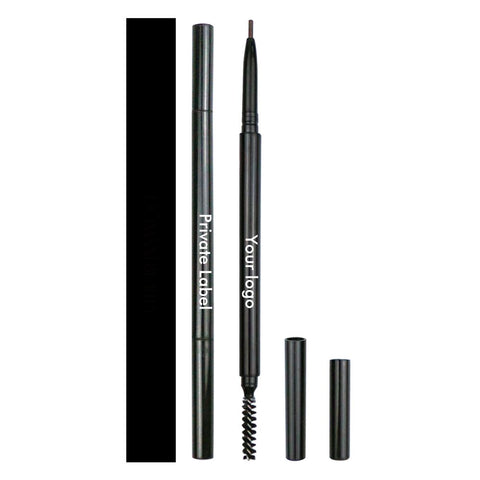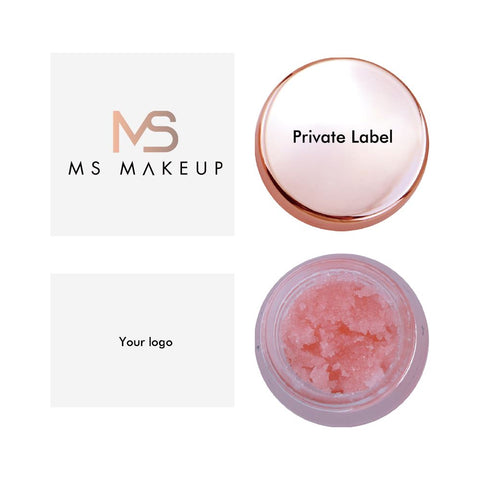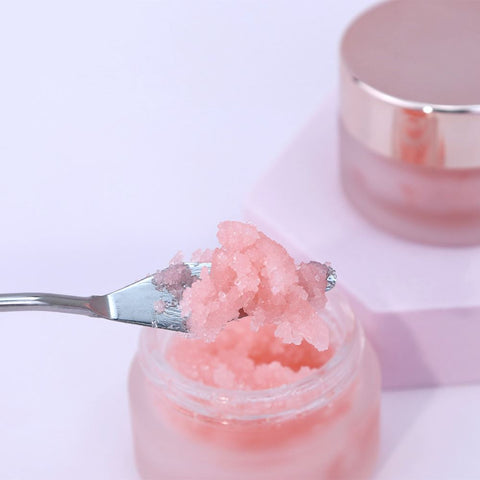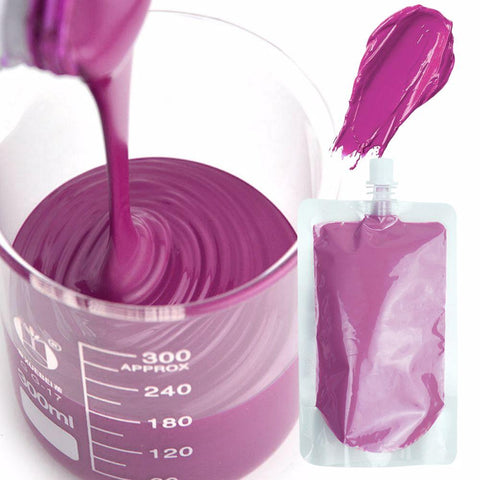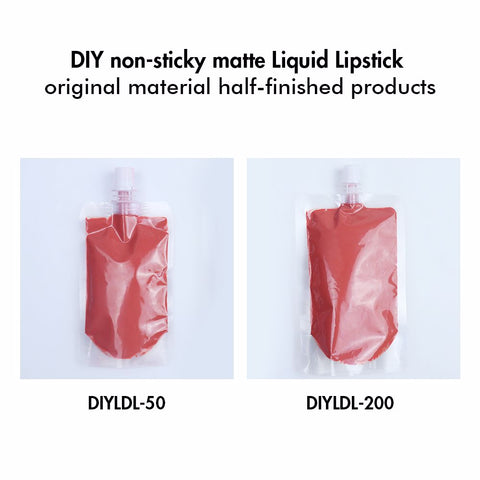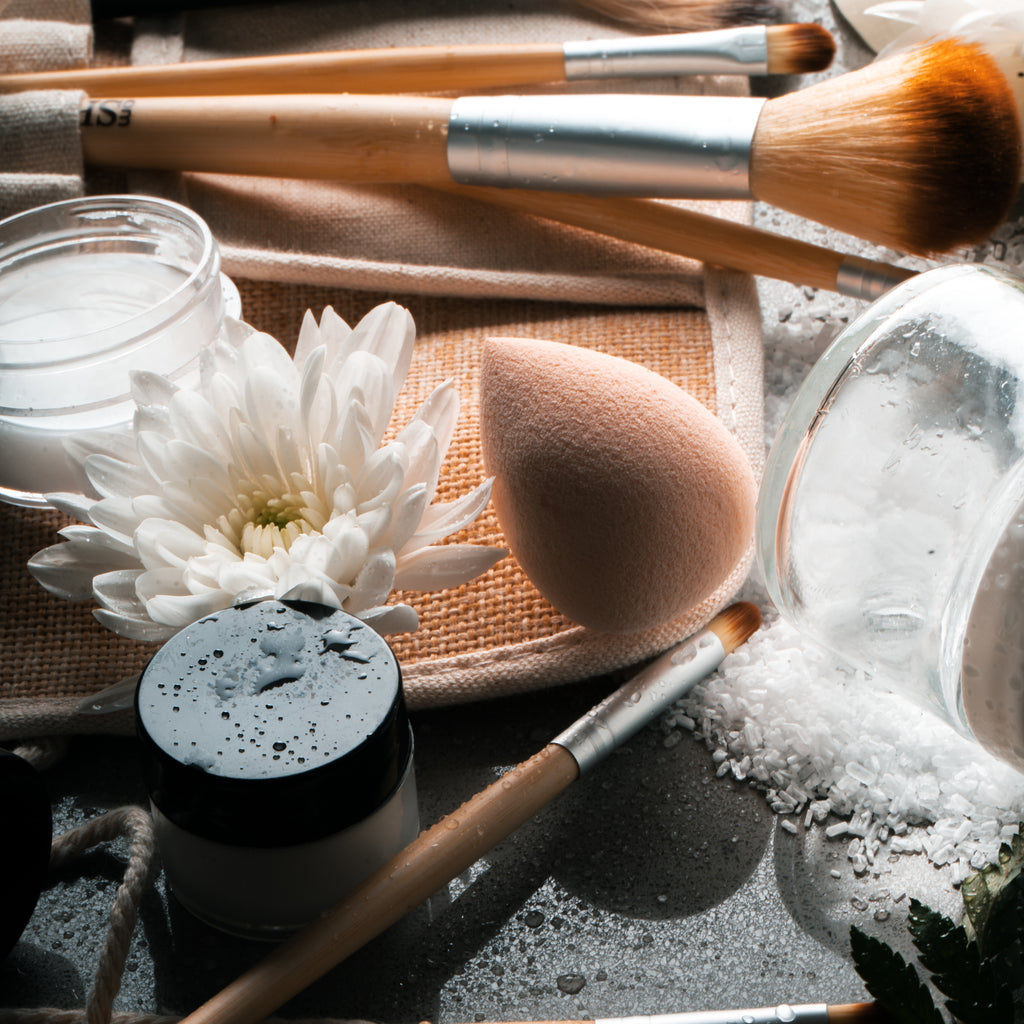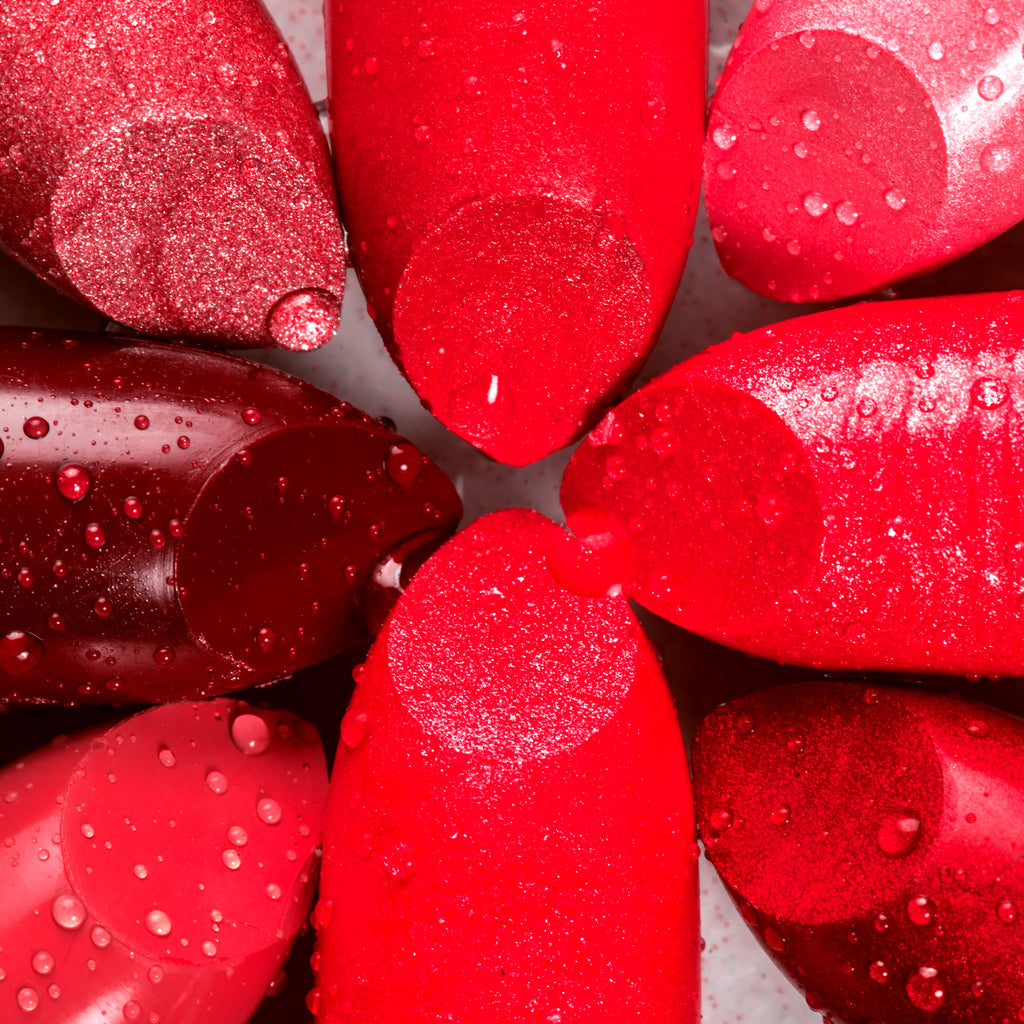Erstellen Sie Private Label-Kosmetik
In den letzten Jahren ist eine kleine, aber vielversprechende Gruppe von Naturkosmetikmarken aller Größenordnungen und von Frauen geführten Unternehmen wie Kjaer Weis, Monk Oil und CAP Beauty in die Beauty-Szene eingetreten. Vielleicht hat Sie dieser Anstieg von von Frauen gegründeten Unternehmen im Hautpflegesektor zu der Überzeugung gebracht: „Ich kann es schaffen – und das sollte ich auch.“ In den USA gibt es über 30,2 Millionen kleine und mittlere Unternehmen (KMU)1, und eine 2018 von American Express in Auftrag gegebene Umfrage schätzt, dass Frauen in den USA täglich etwa 1.821 neue Unternehmen gründen. Warum also nicht auch Sie?
Private-Label-Kosmetik sind Schönheitsprodukte, die von einem Unternehmen hergestellt und unter dem Namen einer anderen Marke verkauft werden. Sie können lernen, wie Sie Private-Label-Kosmetik gewinnbringend verkaufen, indem Sie den richtigen Lieferanten finden, eine Marke entwickeln und Ihre Private-Label-Kosmetik vermarkten. Kleine Einzelhändler können mit dem Verkauf von Private-Label-Kosmetik problemlos mehrere tausend Dollar pro Monat verdienen.
So bauen Sie eine Kosmetiklinie unter Eigenmarke auf:
1. Profitable Produkte identifizieren
Sie können anhand der folgenden Daten einen Eindruck davon bekommen, wie beliebt bestimmte Kosmetikprodukte sein werden:
- Google Trends: Google Trends zeigt Ihnen, ob die Suchanfragen für ein bestimmtes Keyword zu- oder abnehmen und wie groß das allgemeine Interesse an diesem Begriff ist.
- Amazon-Bestsellerliste: Die Bestsellerliste von Amazon kann auf jede Produktkategorie oder Unterkategorie eingegrenzt werden, sodass Sie sehen können, welche Kosmetika am beliebtesten sind, und ein Gefühl für die aktuelle Konkurrenz bekommen.
- Amazon Movers and Shakers: Diese Liste zeigt Produkte, die ein plötzliches Wachstum oder eine plötzliche Popularität verzeichnen, was beim Erkennen von Trends hilfreich ist.
- Besuchen Sie Boutiquen und andere Einzelhändler: Sehen Sie sich an, was andere Einzelhändler in ihren Geschäften anbieten, und prüfen Sie sogar die Verpackung, um Ideen für potenzielle Lieferanten zu bekommen.
2. Entwickeln Sie Ihr Nischenprodukt
Es ist möglich, mit wenigen Einzelprodukten eine erfolgreiche Eigenmarkenlinie zu führen. Der beste Weg, Eigenmarkenkosmetik erfolgreich zu verkaufen, besteht jedoch darin, eine Nische zu finden und eine Produktlinie rund um eine bestimmte Kategorie oder ein bestimmtes Interesse aufzubauen. Eine stimmige Produktlinie trägt dazu bei, eine starke Marke zu entwickeln und eine bestimmte Zielgruppe anzusprechen.
Beliebte Kosmetiknischen sind:
- Bio-Kosmetik
- Vegane Kosmetik
- Cannabidiol (CBD) Kosmetik und Hautpflege
- Nachhaltige und umweltfreundliche Kosmetik
3.Finden Sie online Anbieter von Private-Label-Kosmetik
Eine der einfachsten Möglichkeiten, Lieferanten zu finden, ist die Suche nach „Private Label Cosmetics“ bei Google. Diese Suche liefert Ihnen eine lange Liste von Lieferanten, mit denen Sie Ihre Recherche beginnen können. Besuchen Sie einige Lieferanten-Websites und Sie werden feststellen, dass die meisten von ihnen das gesamte Spektrum an individueller Kosmetik abdecken, von individuellen Make-up-Plänen bis hin zu kompletten Hautpflegeserien. Die meisten Lieferanten bieten eine große Produktvielfalt, sodass Sie Produkte beliebig kombinieren und Ihre eigene Schönheitslinie kreieren können.
Auf der Website des Anbieters können Sie außerdem Einblick in dessen Bestellvorgang erhalten. Viele Anbieter bieten sogar sehr niedrige Mindestbestellmengen an. Je nach Produktpalette, die Sie verwenden möchten, ist es daher möglich, mit Private-Brand-Kosmetik für wenige hundert Dollar eine eigene Beauty-Marke auf den Markt zu bringen.
Sie können die Google-Suche weiter optimieren, indem Sie Wörter wie „natürlich“, „natürlich“ und „tierversuchsfrei“ in das Suchfeld eingeben, um bestimmte Anforderungen in der Must-have-Liste zu erfüllen. Fügen Sie alle Bedingungen hinzu, die für die Definition Ihrer eigenen einzigartigen Beauty-Marke erforderlich sind.
4. Stellen Sie sicher, dass die Produkte allen Vorschriften entsprechen
Bei Ihrer Online-Recherche finden Sie ausländische, insbesondere chinesische Anbieter. Obwohl die Preise dieser Produkte niedriger sind, erfüllen importierte Kosmetika möglicherweise nicht die US-amerikanischen Reinheitsanforderungen und andere gesetzliche Standards. Dadurch können Produktinkonsistenzen, Kundenbeschwerden und sogar Klagen drohen. Angesichts der Vielzahl an Private-Label-Kosmetikanbietern in den USA und Kanada gibt es keinen Grund, diese Chance zu nutzen.
In den USA unterliegt das Kosmetiksicherheitsgesetz der US-amerikanischen Food and Drug Administration (FDA). Kosmetikprodukte werden von der FDA reguliert und nicht zugelassen. Das bedeutet, dass die meisten Kosmetika und ihre Inhaltsstoffe zwar keine besondere Zulassung benötigen, bevor sie an Verbraucher verkauft werden, es aber dennoch Gesetze und Vorschriften zur Gewährleistung der Verbrauchersicherheit gibt.
5. Fordern Sie Muster an und bewerten Sie Produkte
Wenn Sie online nach Anbietern von Eigenmarkenkosmetik suchen, werden Sie feststellen, dass die meisten günstige Mustersets anbieten oder die Bestellung einer einzelnen Probe ermöglichen. Die Kosten für den Versand der Muster betragen in der Regel schätzungsweise 40 bis 100 US-Dollar pro Unternehmen. Dieser Weg ist zwar kostenpflichtig, bietet Ihnen aber die Möglichkeit, das Produkt persönlich zu testen. Wenn Sie an einer Branchenmesse teilnehmen, können Sie alle kostenlosen oder günstigen Muster auf einmal mitnehmen und in der Messehalle testen.
Unabhängig davon, ob Sie Proben erhalten, besteht der nächste Schritt darin, jedes Produkt gründlich zu prüfen, um festzustellen, ob es Ihren Erwartungen entspricht und zu Ihrer Beauty-Marke passt. Hier ist Ihre Meinung am wichtigsten, aber es ist auch eine gute Idee, die Meinungen anderer einzuholen.
Wenn Sie ein Geschäft, ein Spa oder eine Kundengruppe betreiben, können Sie diese in die Produkttests einbeziehen, um die Vorlieben aller zu verstehen. Schließlich sind sie Ihre potenziellen Käufer. Wenn Sie noch keine Bestandskunden haben, bitten Sie Freunde, das Produkt zu testen und Feedback zu geben.
Es kann mehrere Überprüfungsrunden oder sogar mehrere Runden mit Mustern von verschiedenen Lieferanten erfordern, aber am Ende finden Sie eine Serie, die Ihre Marke definiert. Wenn Sie eine klare Vorstellung von dem Produkt haben, das Sie verkaufen möchten, sollten Sie überlegen, wie Sie es verkaufen.
6. Entscheiden Sie, wie Sie Ihre Kosmetiklinie verkaufen möchten
Bevor Sie eine Bestellung aufgeben, müssen Sie festlegen, wie Sie Ihre eigene Kosmetiklinie vermarkten und verkaufen möchten. Sie können mit einem Vertriebskanal beginnen, Produkte zu einem bestehenden Shop hinzufügen oder mehrere Vertriebskanäle gleichzeitig aufbauen.
Beliebte Kanäle für den Verkauf von Kosmetika sind:
Im Geschäft: Verwenden Sie Point-of-Sale-Systeme (POS) (wie Vend), um Kosmetika in Salons, Spas, Modeboutiquen oder Naturkostläden zu verkaufen
Online über die eigene Website: Website erstellen mit einer E-Commerce-Plattform
Amazon: Private-Label-Kosmetik auf dem Amazon-Marktplatz verkaufen
Soziale Medien: Sie können Produkte direkt über Ihren Facebook-Shop oder Ihr Instagram-Konto verkaufen
Markt: Werden Sie Verkäufer auf lokalen Märkten für Eigenheime, Geschenke und Kunsthandwerk oder bei Gemeinschaftsveranstaltungen
Verkauf an andere Einzelhändler: Da Sie Ihre eigene Produktlinie entwickeln, können Sie diese Produkte an Boutiquen, Spas und physische Geschäfte zum Weiterverkauf an Kunden verkaufen
Tipp:
Eine starke Online-Präsenz (gepaart mit einem fantastischen Produkt) kann dabei helfen, Händler anzuziehen – es lohnt sich also, in Social-Media-Bereiche zu investieren.
7. Entwerfen Sie Ihr Branding, Logo und Ihre Verpackung
Bei der Suche nach potenziellen Lieferanten werden Sie feststellen, dass die meisten Anbieter die Etikettierung und Verpackung für Sie übernehmen. Sie liefern das Logo, der Rest wird erledigt. Dies ist die einfachste Art, Private-Label-Kosmetik zu kennzeichnen und zu verpacken. Es sieht professionell aus und stellt sicher, dass Ihr Etikett die Zutatenliste und andere Verpackungsanforderungen erfüllt.
Viele Anbieter von Eigenmarken-Kosmetikprodukten stellen kostenlose Bilder ihrer Markenprodukte zur Verfügung. Wenn Sie Kosmetikkollektionen online verkaufen möchten, können Sie diese Bilder für Ihre Website oder Ihren Amazon-Eintrag verwenden. So sparen Sie Zeit und Kosten für eigene Produktfotos oder die Beauftragung von Profis.
Die meisten Anbieter von Eigenmarkenkosmetik erheben zusätzlich zu den Produktkosten Gebühren für Etikettendruck und Verpackung. Bitte beachten Sie dies bei Ihrer Recherche. Diese Gebühren sind auf den Websites der meisten Anbieter klar aufgeführt. Bei Fragen wenden Sie sich bitte an die Kundenservice-Hotline, um Ihre Verpackungsgebühren zu klären oder Probleme zu lösen.
Um Ihre Produkte mit Ihrem Logo zu versehen, laden die meisten Anbieter das Logo in Ihre Bestellung hoch. Der Anbieter stellt Logo-Spezifikationen bereit, einschließlich der Anzahl der zulässigen Farben, Größenbeschränkungen und Dateitypen. Wenn Sie nicht über die nötigen Designkenntnisse verfügen, um ein eigenes Logo zu erstellen, können Sie kostengünstige Freelancer finden, die tolle Logos entwerfen.
8. Private Label Kosmetik bestellen
Nachdem Sie einen Anbieter für Eigenmarkenkosmetik ausgewählt, die zu produzierenden Artikel festgelegt und ein Logo entworfen haben, können Sie eine Bestellung aufgeben. Möglicherweise haben Sie bereits mit einem Kundendienstmitarbeiter gesprochen, daher sollte dieser Schritt einfach sein. Beachten Sie jedoch die folgenden Punkte und prüfen Sie sie sorgfältig:
Bei Kosmetika von Eigenmarken ist in der Regel eine Vorauszahlung erforderlich, daher möchten Sie bei der Bestellung mit Kreditkarte bezahlen.
Stellen Sie sicher, dass Ihre Produktpreise und Etikettendruckkosten korrekt sind.
Bitte beachten Sie die erforderliche Bearbeitungszeit für den Etikettierungsprozess.
Bedenken Sie, dass die meisten Eigenmarken-Kosmetikprodukte nicht zurückgegeben werden können.
Bitte beachten Sie die Haltbarkeits- und Gültigkeitsdauer der verkauften Waren
In den meisten Fällen dauert es nach der Bestellung Ihrer Private-Label-Kosmetik einige Wochen, bis die Bestellung eintrifft. Nutzen Sie diese Zeit, um Ihre Website und andere Vertriebskanäle wie Amazon und Social-Media-Seiten einzurichten oder ein Geschäft oder Spa für die Präsentation einer neuen Beauty-Produktlinie einzurichten.
Beispiel-Block-Zitat
Praesent vestibulum congue tellus bei fringilla. Curabitur vitae semper sem, eu convallis est. Cras felis nunc commodo loremous convallis vitae interdum non nisl. Maecenas ac est sit amet augue pharetra convallis nec danos.
Beispiel Absatztext
Praesent Vestibulum congue tellus bei Fringilla. Curabitur vitae semper sem, eu convallis est. Cras felis nunc commodo eu convallis vitae interdum non nisl. Maecenas ac est sit auguste pharetra convallis nec danos dui.
Cras suscipit quam et turpis eleifend vitae malesuada magna congue. Damus id ullamcorper neque. Sed vitae mi a mi pretium aliquet ac sed elitos. Pellentesque nulla eros Accumsan quis justo tincidunt lobortis denimes loremous. Hängen Sie das Vestibulum lectus in den Lectus volutpat ein, bis es zum Purus pulvinar kommt. Vestibulum sit amet auctor ipsum.
